Frederica Freyberg:
In the city of Milwaukee, Hispanics and Latinos are now showing the largest increase in COVID-19 cases. That marks a turning point from when the disease was disproportionately affecting the city’s African-American community. The surge of cases is concentrated on Milwaukee’s south side. Jeanette Kowalik is Milwaukee’s commissioner of health and she joined us with her insights and thanks so much for being here.
Jeanette Kowalik:
Thank you for having me.
Frederica Freyberg:
So how disproportionate are the number of positive cases in the Hispanic community?
Jeanette Kowalik:
So as of this week now, the Hispanic or Latinx population is the majority of the cases in our city and our county. At the city level, the Latinx population accounts for about 40% of cases. At one point in time earlier in our response, African-American were basically like 70% of the cases. So we definitely are concerned about this flip here, and we started to see the first hot spot on the south side or predominantly Latinx community in Milwaukee in mid-April. So we were working on increasing outreach and resources, making things are not just translated, but culturally appropriate, working with 16th Street Community Health Center, which is a solid partner of the Milwaukee Health Department’s and one of our board of health members also works for that organization. So leveraging that relationship to really help get the word out. And then we received some funding to assist with some of the outreach efforts. So that was used through the Advancing Healthier Wisconsin money, which we still have and we’re still working on a variety of outreach activities and resources. And then also this Stronger Together Collaborative, which received funding from the Greater Milwaukee Foundation to create a “You Matter” campaign, so altering the message from “stay home, save lives” or “safer at home” to valuing people of color in our community and equipping our community with knowledge and resources so that they can be resilient and survive COVID-19.
Frederica Freyberg:
So had you determined then that the messaging was not culturally appropriate for the Latinx community and that’s what you went to work on? Or why did you determine this was happening in that community in particular?
Jeanette Kowalik:
Well, initially we were concerned about some of those sources of those initial outbreaks, that they were related to employers or folks being considered essential and still having to go to work and still being exposed to COVID-19 by just going to work, whether they were taking public transportation or people are ride-sharing or whatever the case may be, and then working in settings that really didn’t support social or physical distancing, as well as enhanced cleaning and hygiene, which created more opportunities for exposure for some people in our Latinx population. So we started to see that play out, and we were very concerned early on in getting the message out, working with employers to make sure people had access to testing and then making sure people also are aware that there is federal protections and resources for sick time if you are infected with COVID-19, how you access those things. We also know that there’s been some barriers that have been pretty much put up coming from the national level all the way down looking at immigration, this anti-immigration sentiment, working with ICE to detain people and just there’s a lot of fear and has been a lot of fear and the trust has been eroded in government. And our experience at the Milwaukee Health Department has been we’ve been seeing a decline in service utilization amongst some of our Latinx clients over the last year, year and a half. So using other community partners and letting them lead is really important now more than ever because of that trust. Just by way of nature, the health department is a government entity, so how do we let others lead and get the message out, help with the contact tracing and other resources that are needed. We also know that a number of people in our Latinx community did not qualify for the stimulus payments, which is really unfortunate. We also know that there was some of this public will, you know, if you receive social services that you’re not going to– that will compromise your citizenship. You know, there’s all of these political or policy level threats to being able to provide a more comprehensive COVID response. So what are some ways for us to still impact the Latinx community in a positive way but work around some of those barriers that have been set up to cause more discrimination and racism among our Latinx population.
Frederica Freyberg:
There’s much more to talk about around this, but we need to leave it there. Dr. Kowalik, thank you so much and thanks for your work.
Jeanette Kowalik:
Thank you.
Search Episodes
News Stories from PBS Wisconsin
06/05/25
Trump administration accuses Wisconsin Elections Commission of violating federal law on complaints

Donate to sign up. Activate and sign in to Passport. It's that easy to help PBS Wisconsin serve your community through media that educates, inspires, and entertains.
Make your membership gift today
Only for new users: Activate Passport using your code or email address
Already a member?
Look up my account
Need some help? Go to FAQ or visit PBS Passport Help
Need help accessing PBS Wisconsin anywhere?

Online Access | Platform & Device Access | Cable or Satellite Access | Over-The-Air Access
Visit Access Guide
Need help accessing PBS Wisconsin anywhere?

Visit Our
Live TV Access Guide
Online AccessPlatform & Device Access
Cable or Satellite Access
Over-The-Air Access
Visit Access Guide
 Passport
Passport
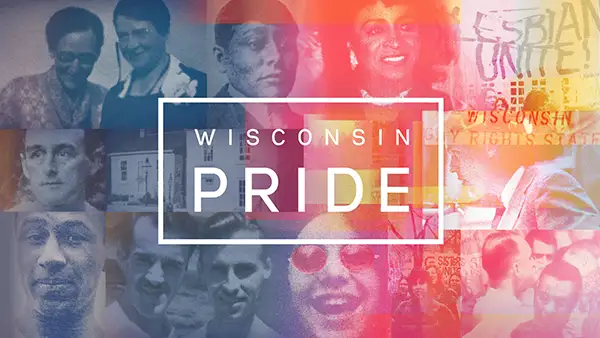
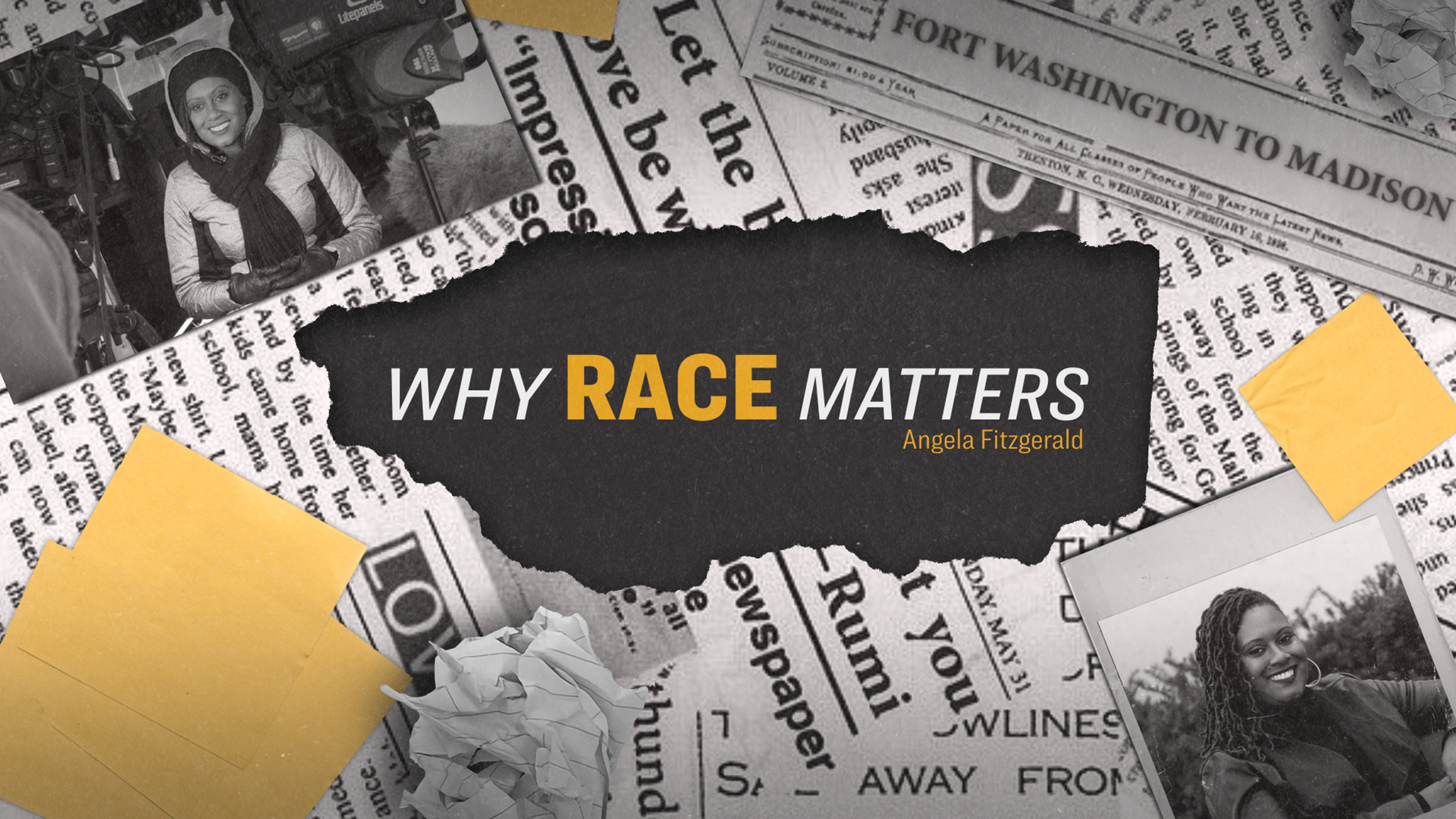



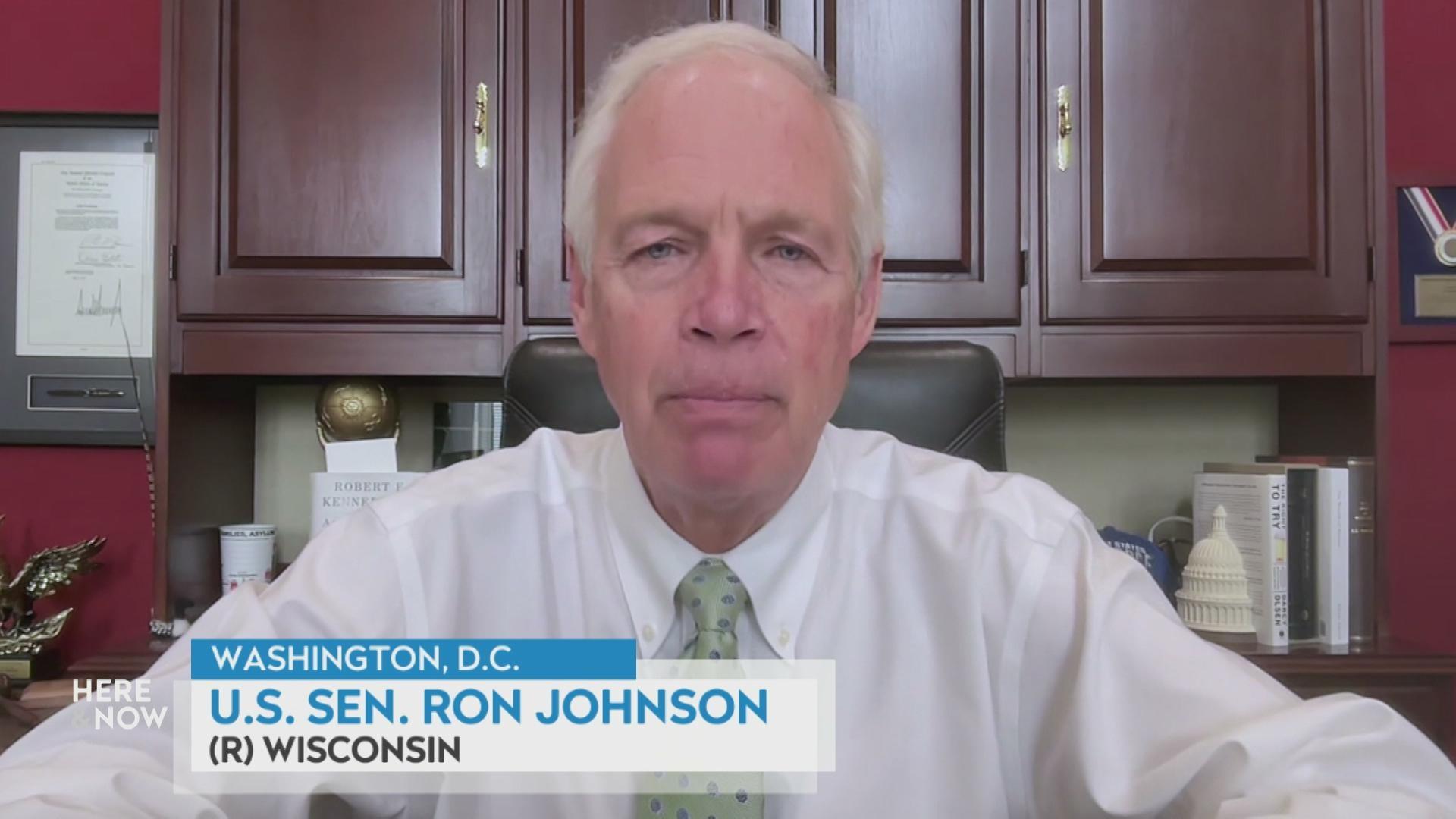
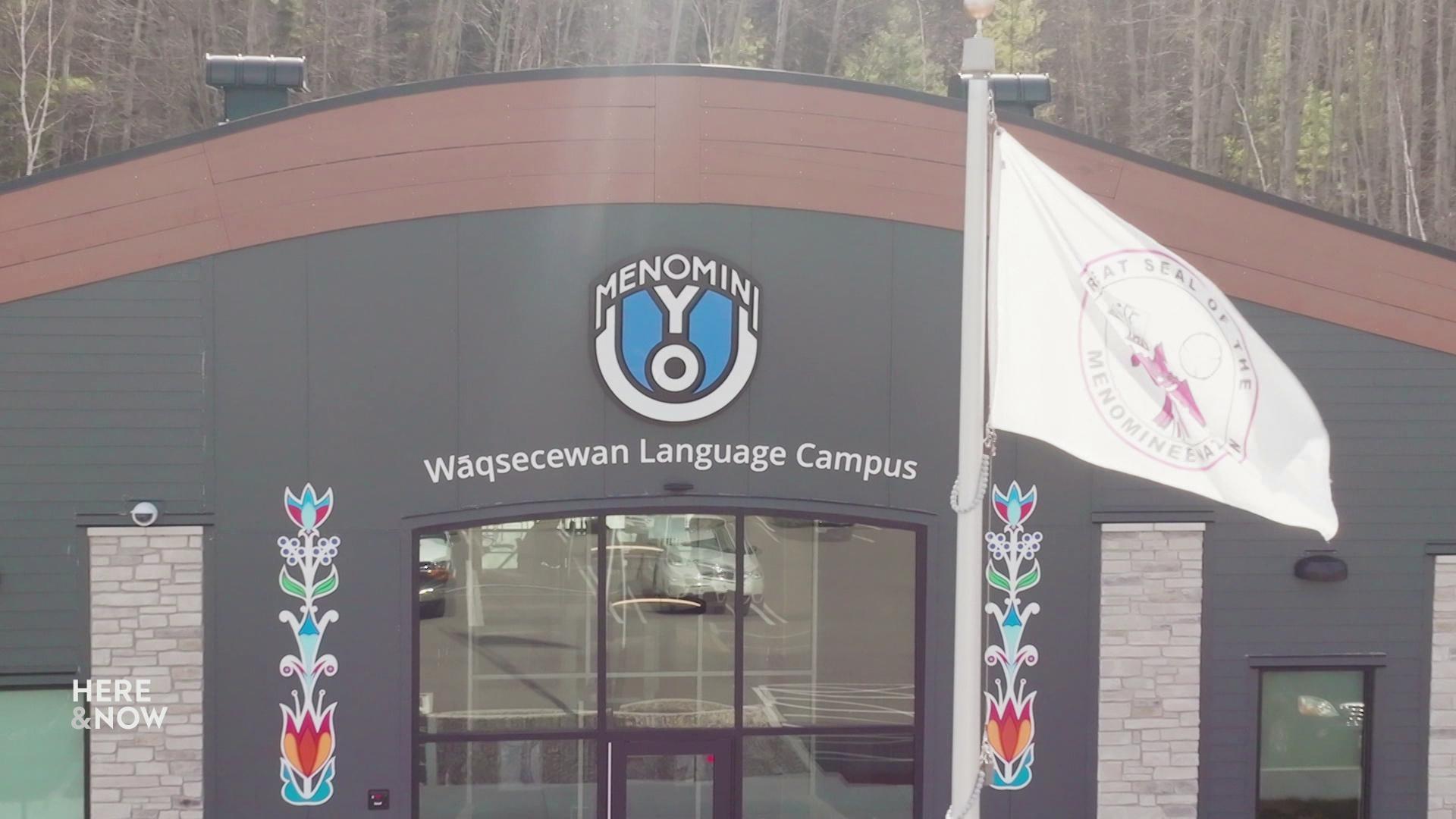
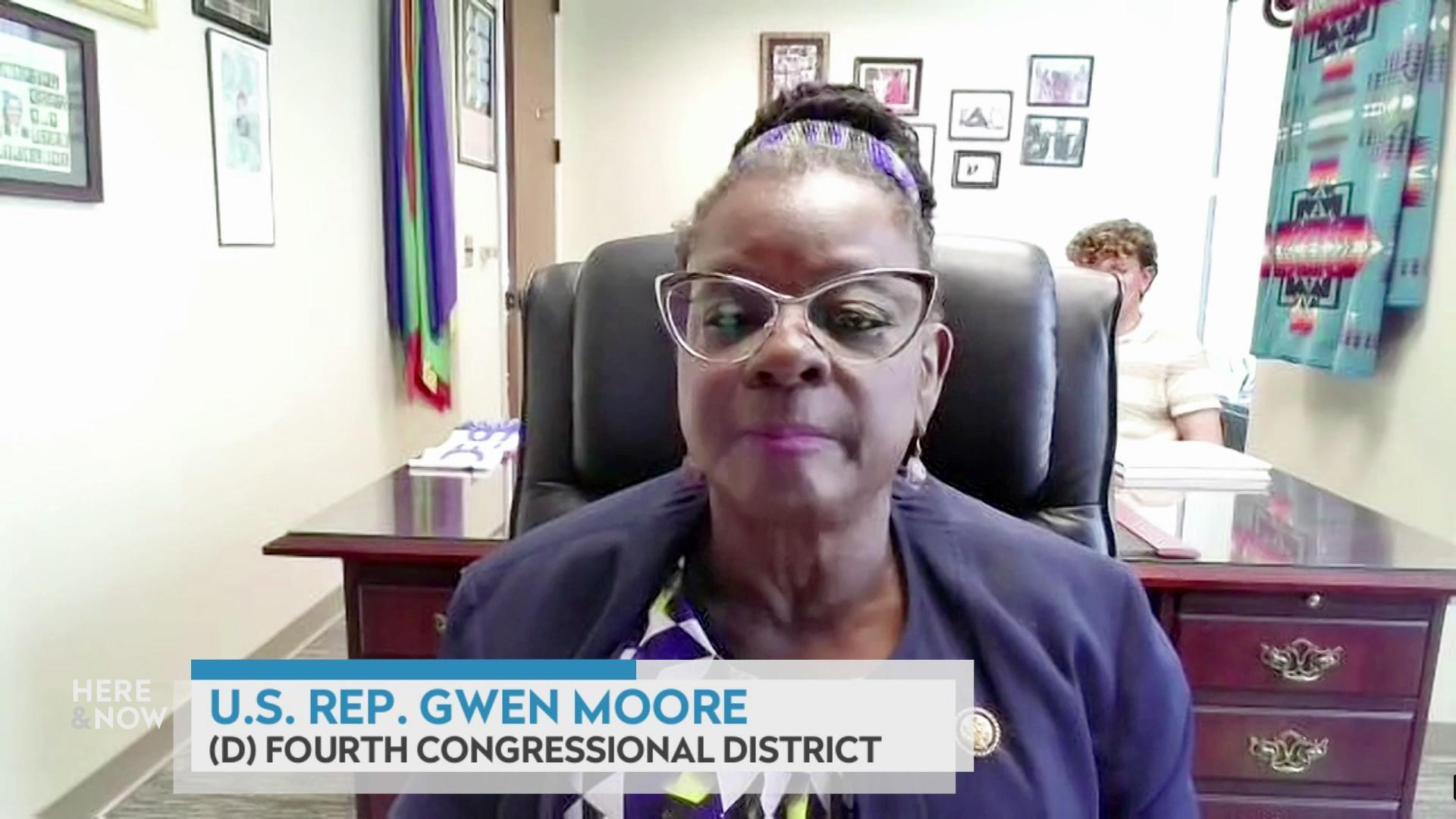
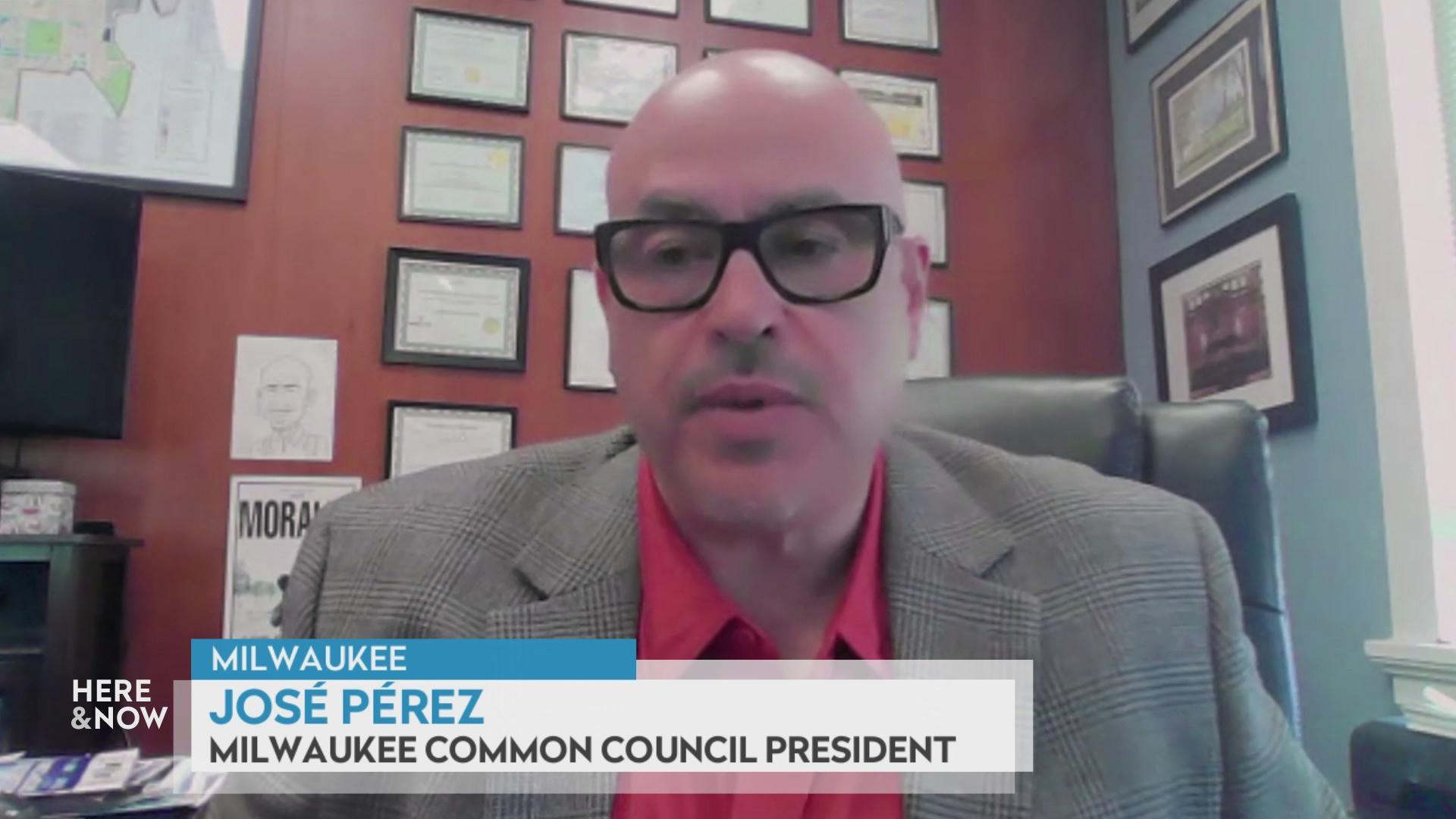
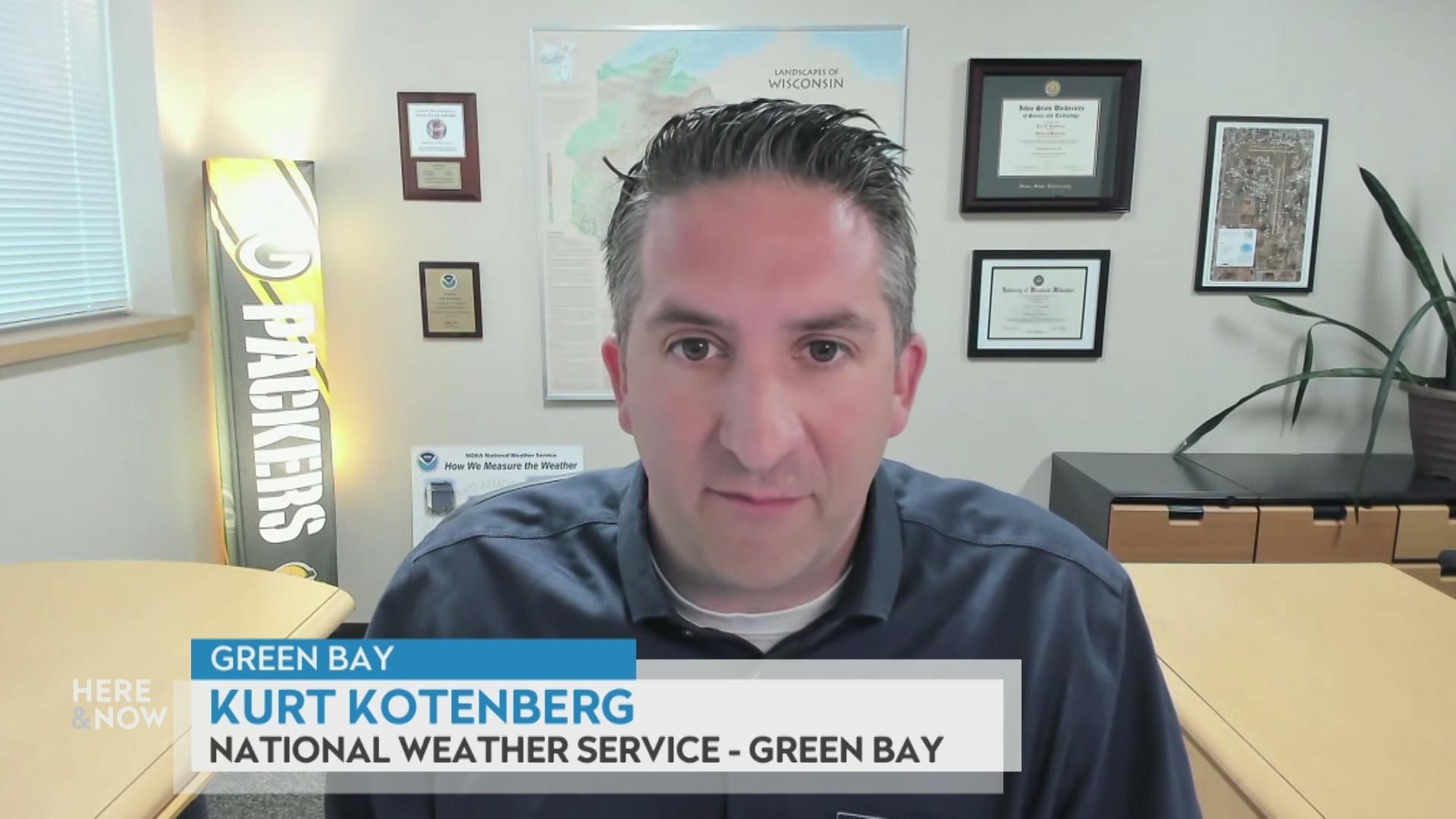
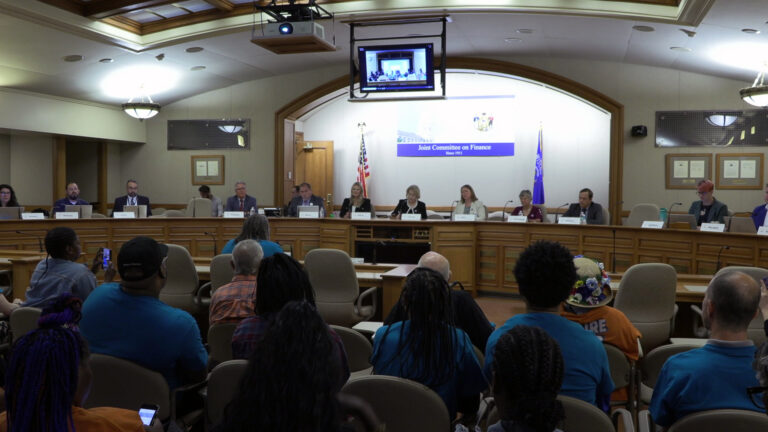
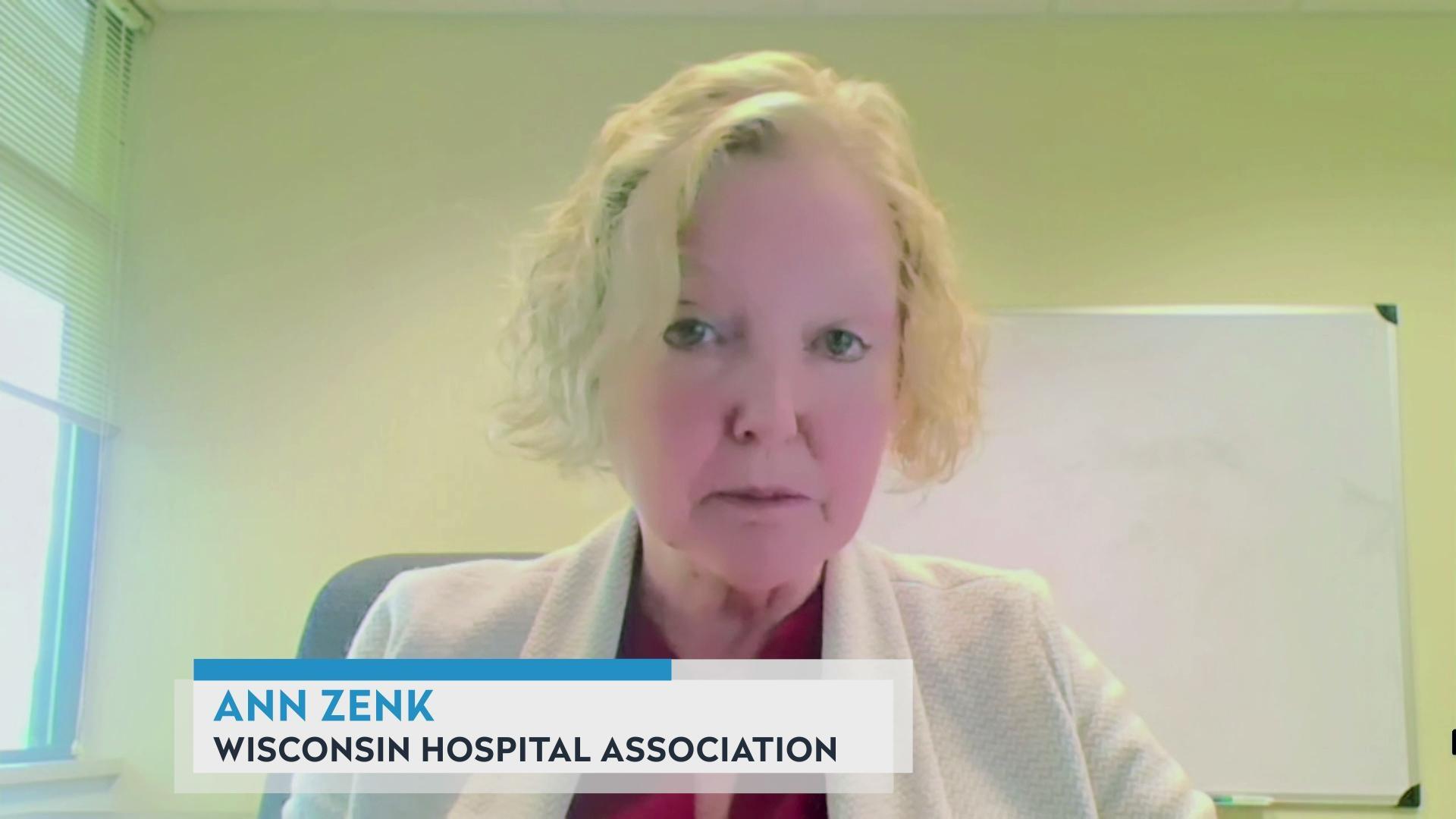
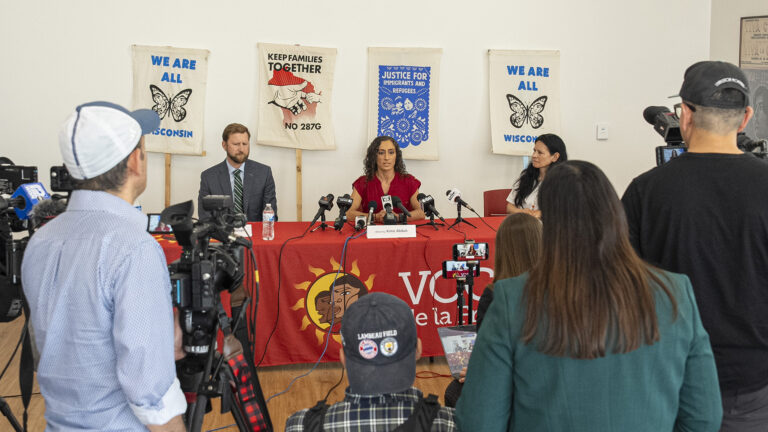
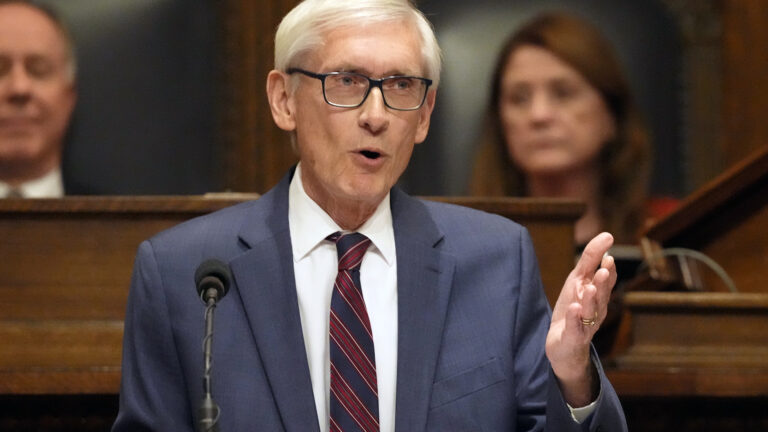

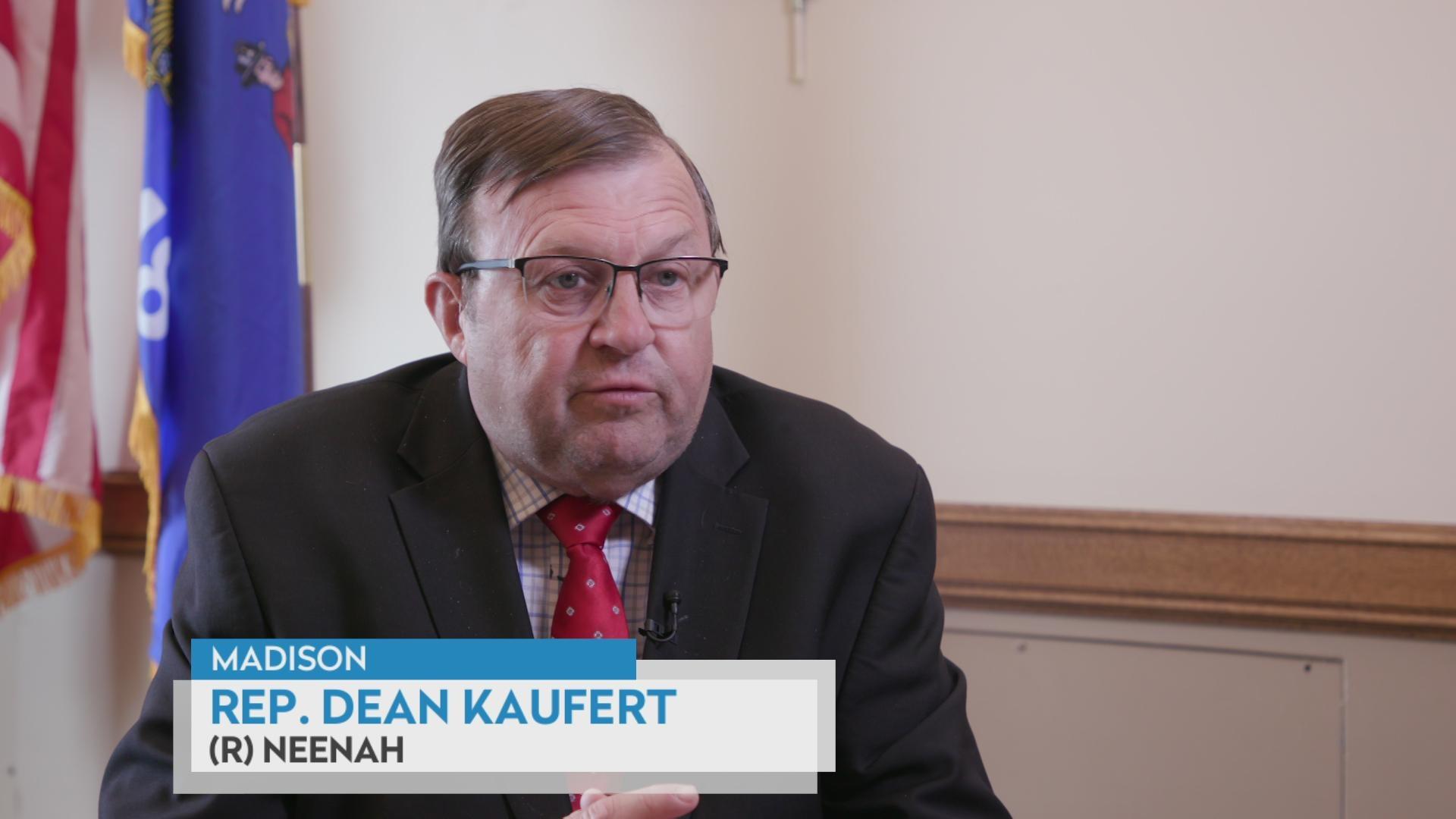
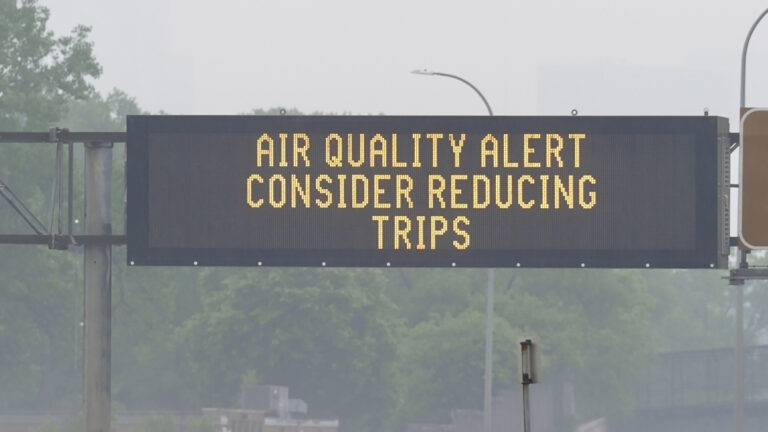

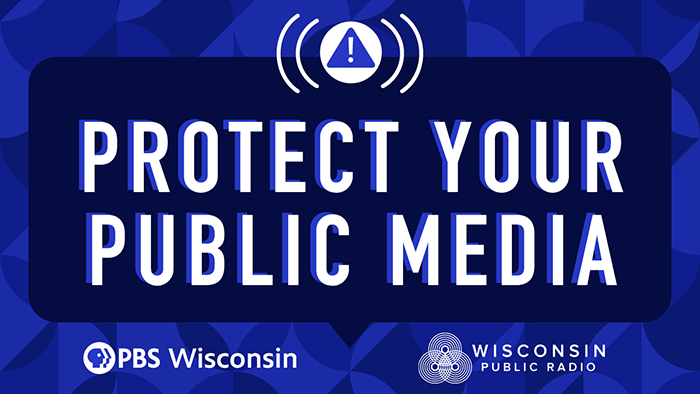
Follow Us